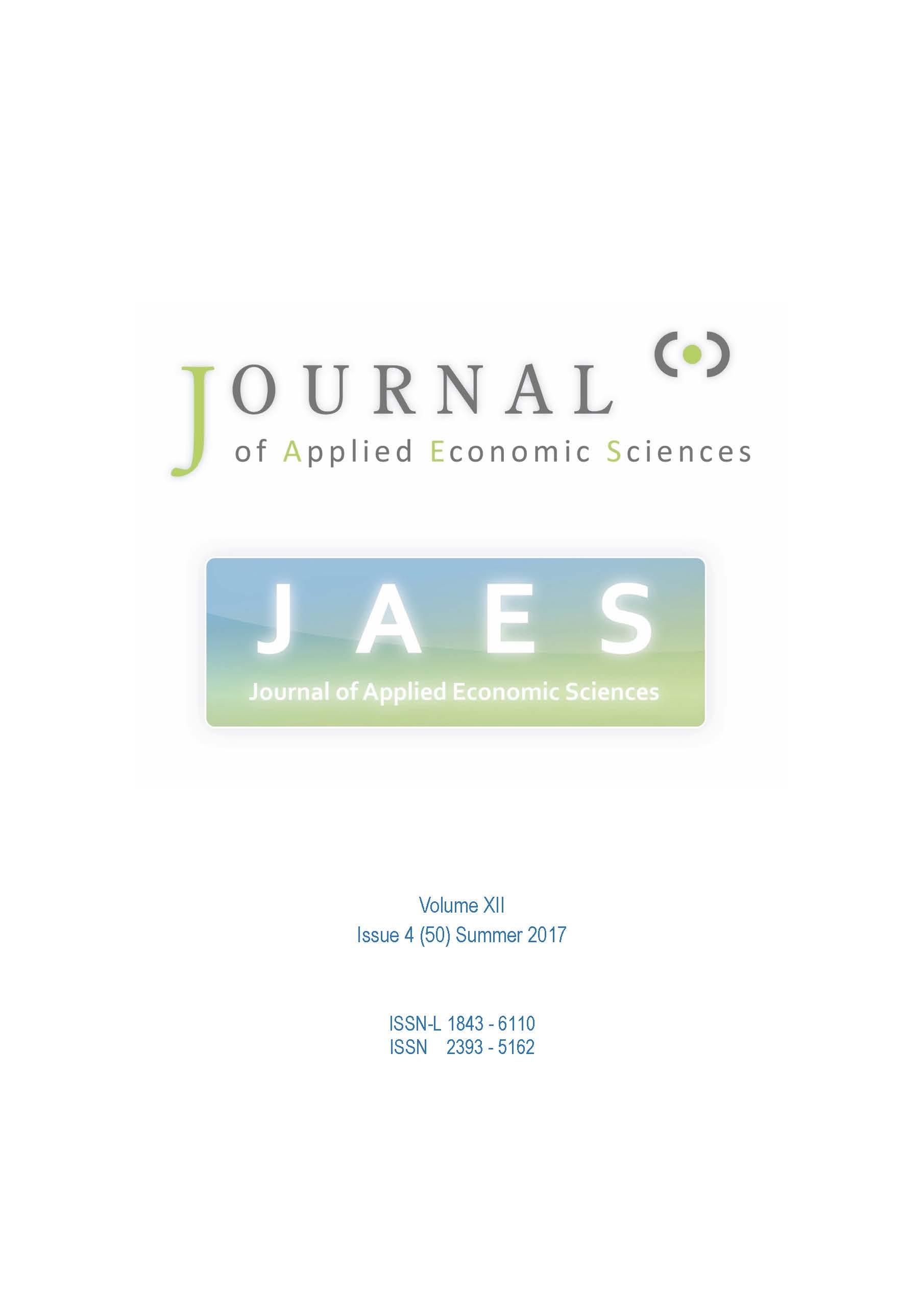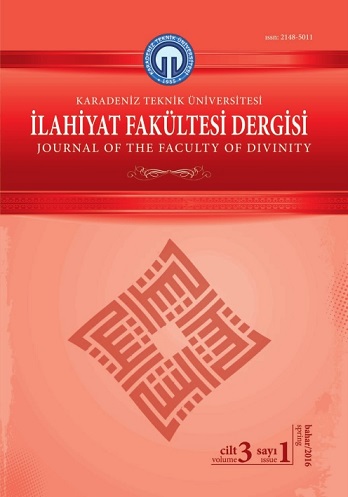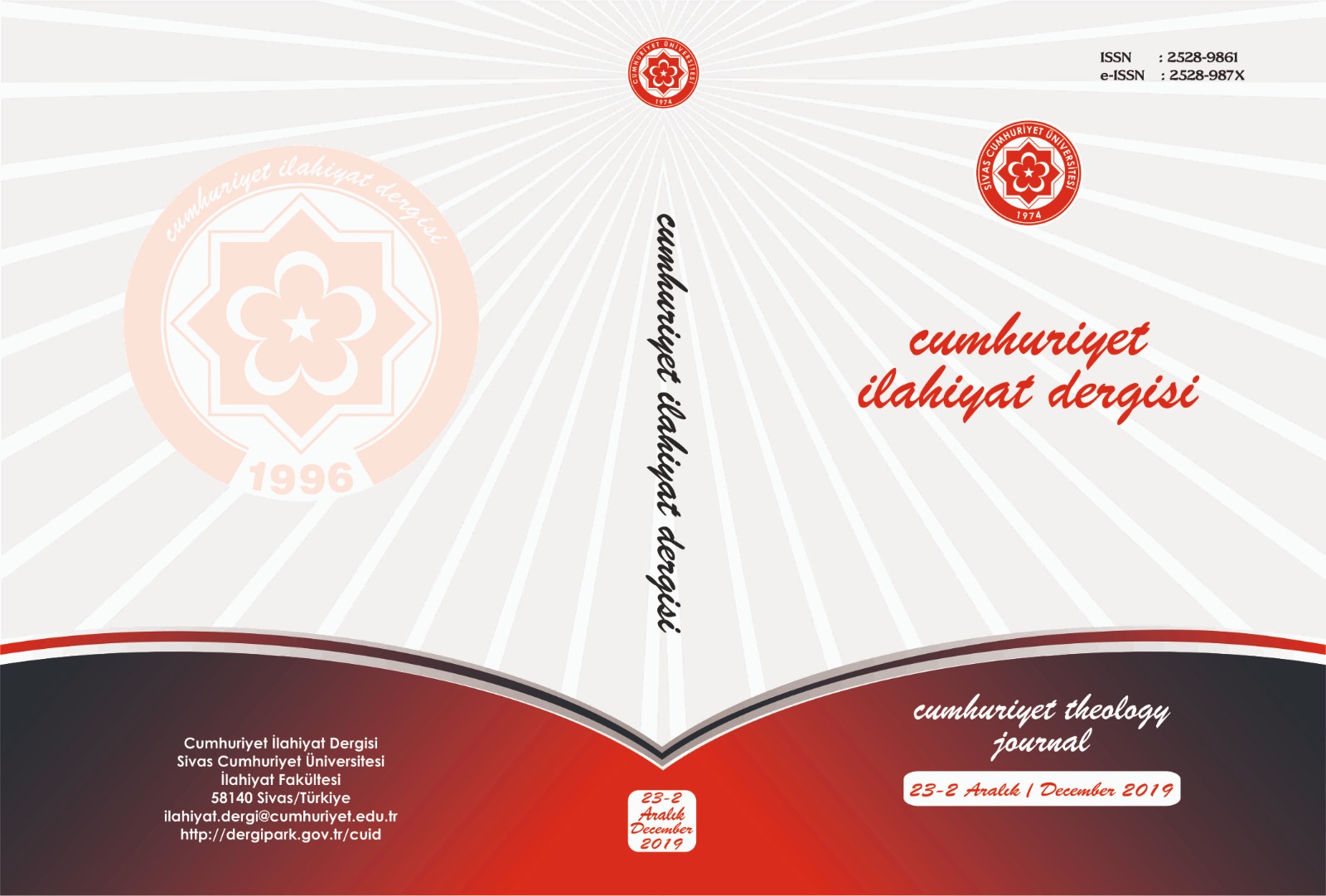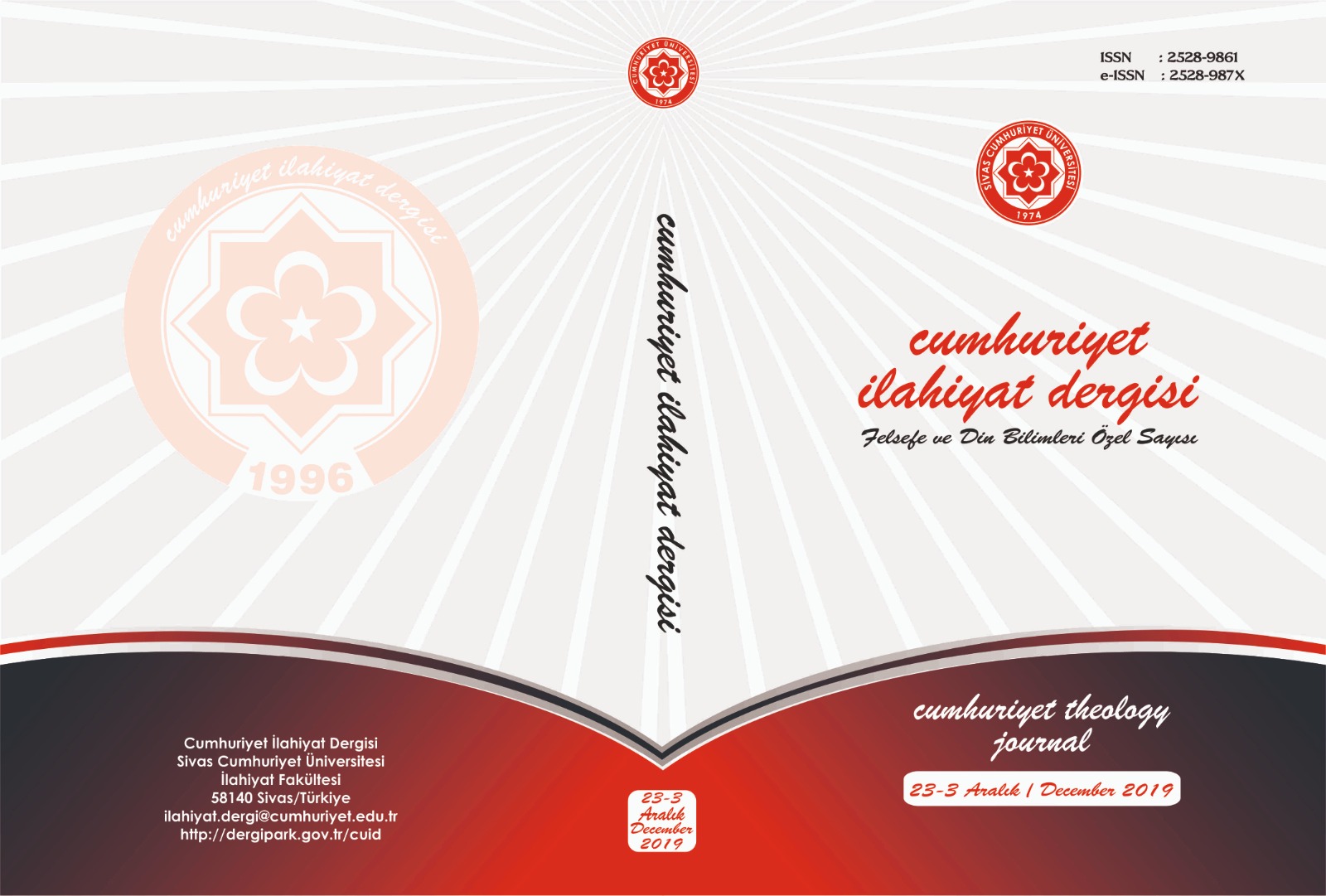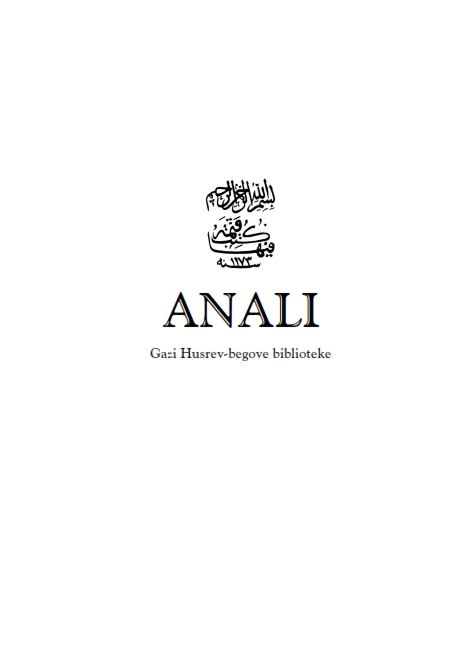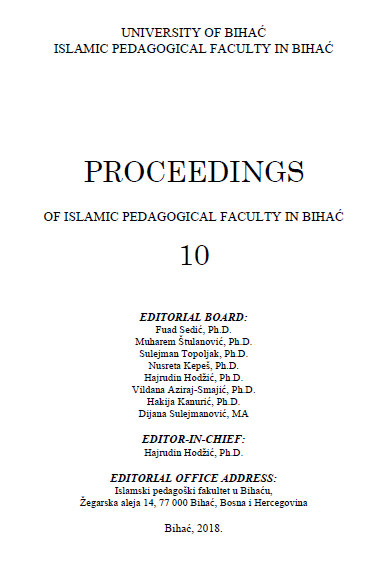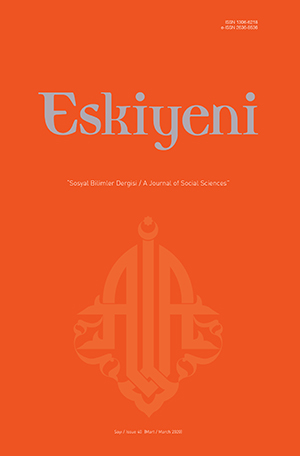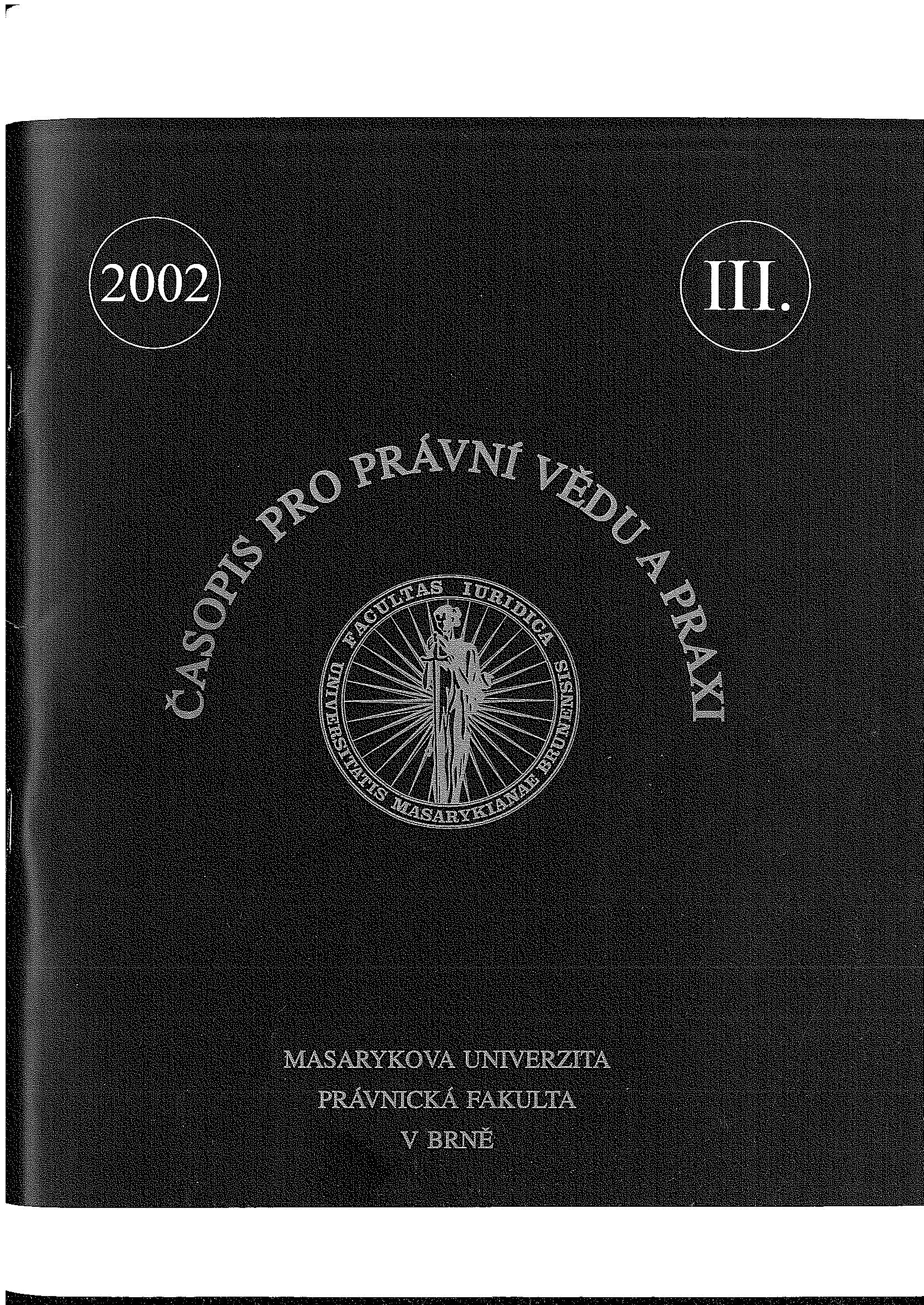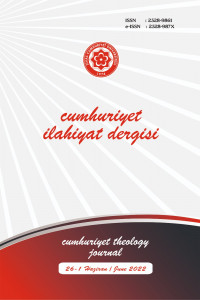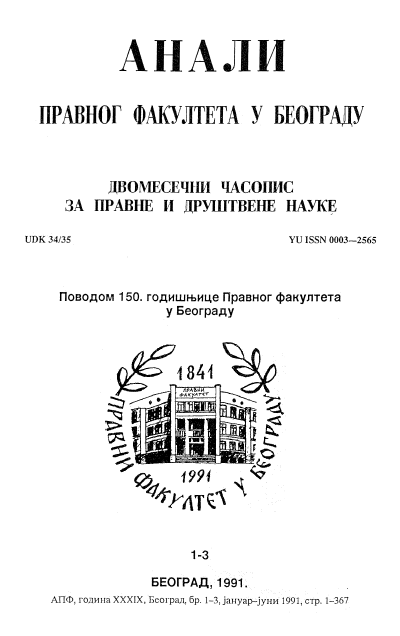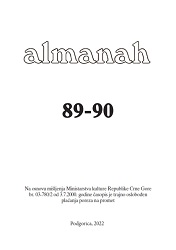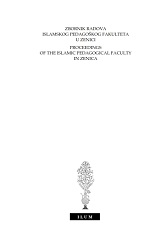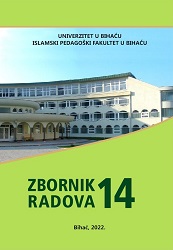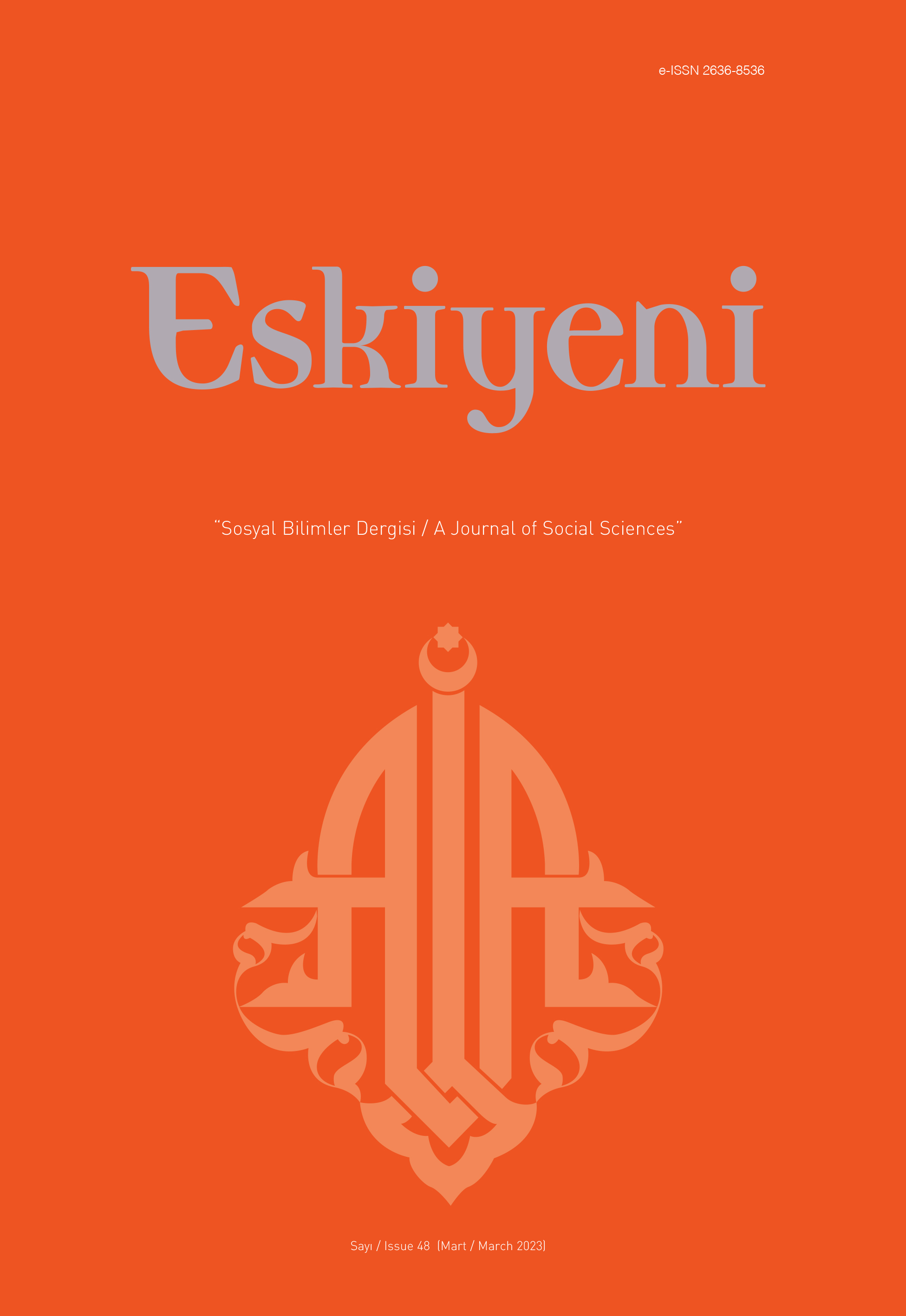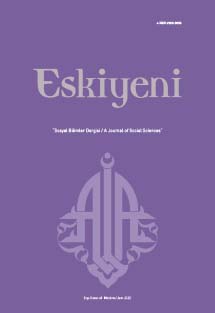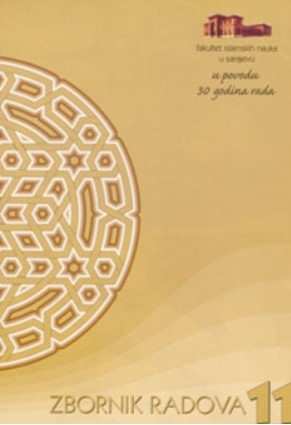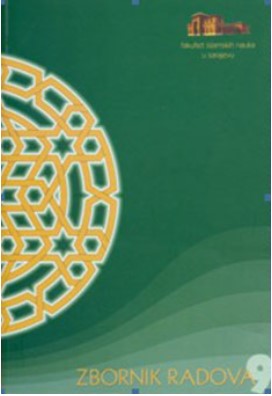Author(s): Ahmet Temel / Language(s): Turkish
Issue: 40/2020
This study deals with the four-source order, which is commonly accepted in the Sunni legal theory, within the limits of a historical investigation of Islamic legal theory. This article aims to determine in which phases this recognition has occurred and with what sort of changes. The majority of extant uṣūl works that have been produced in different traditions and some other sources in different disciplines have been defined as the research universe of this study. Among them, those which could represent these works have been cited in this article. Since it was de-signed as a historical investigation and evaluation study, some dimensions of the subject that may be of interest in terms of legal philosophy and theory are not included in the analysis. These topics some of which have already been studied in certain works are suggested for further re-search.In this article, two main questions are addressed: First, the question of which actors have histori-cally contributed to the acceptance of the four-source order in the form of kitāb, sunna, ijmā‘ and qiyās. On this point, contrary to what is claimed in some contemporary scholarship, it has been revealed that the thesis that al-Shāfi‘ī was the responsible authority for this four-source order is not accurate. It is seen that the scholars living in the second to fourth centuries A.H. mentioned these four sources together with different sources such as reason, definite deduction, sense, language, recurrent reports and famous narrations. Among these, al-Jaṣṣāṣ’s explanation as to whether qiyās can be counted as a source together with kitāb, sunna, and ijmā‘, which is the main subject of discussion in the next periods, has significantly illuminated the rational ground for qiyās to take place in this four-source order. Beginning with the fifth century, the tendency to restrict the notion of dalīl to definitive sources, had a consequence in the direction of excluding qiyās from the apparatus of source order; hence it was generally accepted that the sources were limited to kitāb, sunna, and ijmā‘ during that time. However, in the same century, it seems that jurist-theoreticians made the claims that qiyās should be recognized together with these three sources. At this point, it seems that the Hanafi theoreticians, especially al-Pazdawī and al-Saraḥsī, took an important step of expanding their acceptance of the main sources by claiming qiyās as the fourth source after mentioning the three main sources as kitāb, sunna, and ijmā‘. Al-Sam‘ānī, who could be regarded as a contemporary of them and who had been once in the Ḥanafī school before shifting to the Shāfi‘ī school, gives us the most obvious testimony of this transition. He lists the three sources as aṣl and others as ma‘qūl al-aṣl, a classification developed by some Shāfi‘ī jurist-uṣūl scholars including al-Baghdādī and al-Shirāzī. However, instead of this classification, he states that the order of the sources developed by jurists in the form of kitāb, sunna, ijmā‘, and qiyās is more accurate. The Ash‘arī theologian-theoreticians of the time including al-Juwaynī, al-Ghazālī also defend an attitude against counting qiyās among main sources by limiting three sources as kitāb, sunna, and ijmā‘. Since the logic-oriented uṣūl works marked the style of uṣūl traditions to a great extent afterwards, the understanding of the theologian-theoreticians who excluded qiyās from the sources and highlighted the three main sources continued to be effective in the sixth and seventh centuries A.H.. However, Fakhr al-Dīn al-Rāzī, the important uṣūl scholar of the period, provides strong evidence that the four-source order have increased its effect during that time. In his famous tafsīr work, al-Rāzī states that “the jurists accepted the sources of the sharī‘a in the form of kitāb, sunna, ijmā‘, and qiyās”, while he retains the three-source order in his uṣūl work. Even though he does not explicitly promote four-source order in his uṣūl work, he does list these four sources when mentioning the sources of the judgments in a topic. As a matter of fact, although al-Rāzī refrains from mentioning four-source order clearly, one of his leading followers al-Bayḍāwī does explicitly state this four-source order at the beginning of his work. Unlike his theologian-theoretician predecessors, al-Āmidī does not hesitate to include qiyās in the scope of shar‘ī dalīl, but he maintains the same reservation by classifying three sources as primary and qiyās and istidlāl as secondary. It is understood that the “three plus one classifica-tion” initiated by al-Pazdawī and al-Saraḥsī was preserved by the Hanafī uṣūl scholars of the sixth century A.H. such as al-Lāmishī, al-Samarqandī, al-Usmandī. However, it is seen that in the sev-enth century A.H., beginning with Ibn al-Sā‘ātī, this order started to be pointed out directly in the form of four sources without the need of mentioning classification in the form of three plus one. When the eighth century A.H. is reached, the order of four sources have started to be pointed out with a special term as al-adillat al-arba‘a (the four sources). In the same century, the Mālikī scholar Ibn Juzay al-Kalbī and Ḥanbalī scholar Ibn Mufliḥ give the shar‘ī dalīls in the form of kitāb, sunna, ijmā‘, and qiyās, which shows that this order was established by the eighth century A.H..The second question is the one of when the term al-dalīl al-shar‘ī started to be used for the sources of sharī‘a and when it was settled. The term uṣūl, from which the title of this scientific discipline was derived, was widely used in the early periods to indicate the sources of sharī‘a. Although by time different terms such as ḥujja, burhān, amāra, and dalīl were used simultaneously for the sources of sharī‘a, the term dalīl gained a greater acceptance over time. The Ḥanafī uṣūl scholars, probably beginning with ‘Īsā b. Abān used the term ḥujja (pl. ḥujaj) more dominantly for a long time. The Hanafi uṣūl scholars, even al-Dabūsī, who used the term of dalīl in the title of his uṣūl work, preferred the term ḥujja until Ibn al-Sā‘ātī. In addition to being one of the first scholars representing the change in the classification of sources in the Ḥanafī tradition, Ibn al-Sā‘ātī stands out also one of the first Ḥanafī scholars in preferring the term dalīl over the term ḥujja. This re-search has shown that these two elements can be mentioned in the answer to the question of how Ibn al-Sā‘ātī, who is mostly listed in the first place, by the authors who mention mamzūj styled uṣūl (arguably claimed to be a hybrid style between the theologian-oriented and jurist-oriented writings) works, differed from his Ḥanafī predecessors. The main actors, however, in the domina-tion of the term of the al-dalīl al-shar‘ī in the literature of Islamic legal theory were the theologi-an-theoreticians. The leading scholar responsible for this usage was Abū al-Ḥusayn al-Baṣrī, who used this term consistently for the first time throughout his work. After al-Baṣrī, theologian-theoreticians, whether Mu‘tazilī or Ash‘arī, preferred the term dalīl for sources of sharī‘a. Yet, it took a few more centuries for Shāfi‘ī and Ḥanafī uṣūl scholars to widely settle this term for that meaning.
More...
